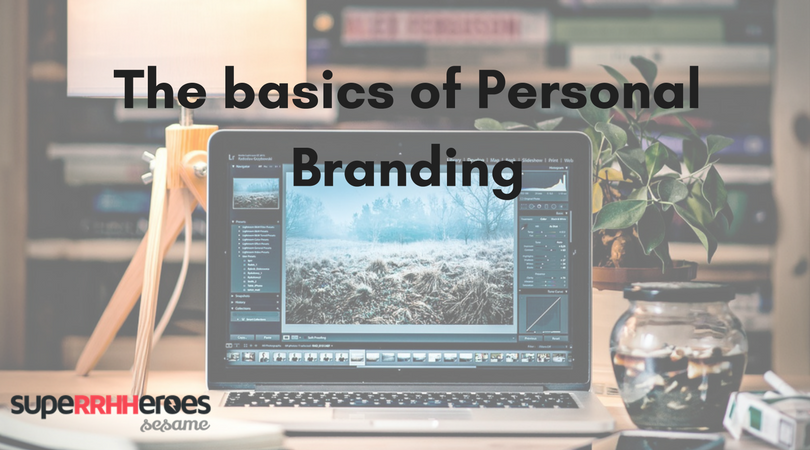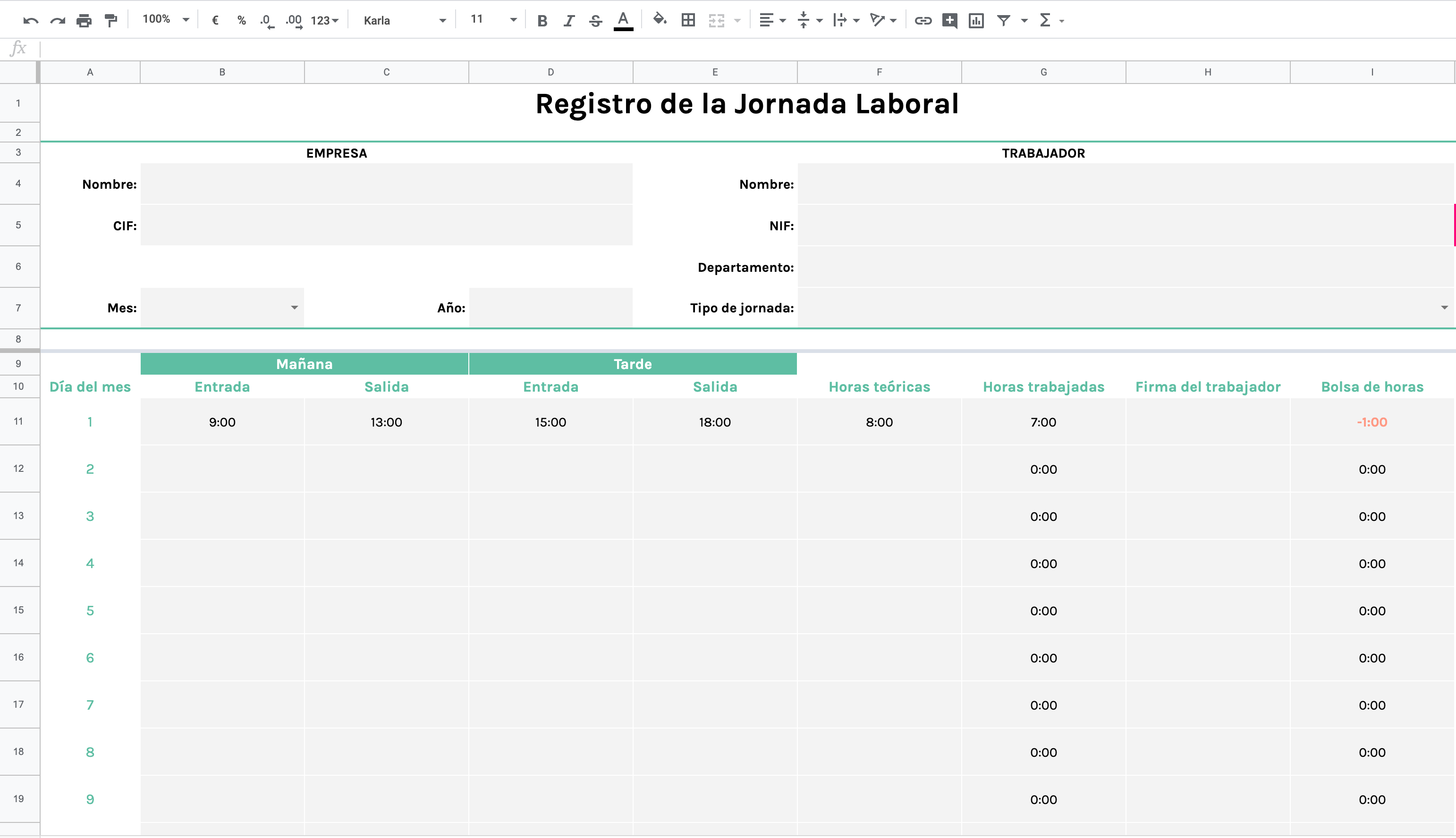We all have personal brands, whether we’ve built them ourselves or not. And in this digital age, we all interact with brands, both corporate and personal, so it becomes essential to work on our personal brands.
What are personal brands?
Personal brands are how others see us, what they think when they see us or hear our names. So it’s crucial to build a well-respected personal brand to be able to participate in our target industry.
Our personal brands positionate us within our sector and help us make connections. Hence, this allows us to gain recognition, get better jobs, build good reputations and so on.
Steps to build a personal brand:
- Define who you are and where you want to be. Thus it will be easier to identify the steps you need to follow to achieve your goals. Also, you’ll need to define your values, your story and what makes you unique, including your hobbies and interests.
- After you identify your USP (Unique Selling Proposition), build a narrative to unify everything. If you don’t make sense of the things that make you you, no one else will. While you start building your brand, nobody knows you, so they don’t have to know your story and the little things that influenced you. Furthermore, you can develop a timeline of the events that changed you. Dr. Seuss would say: “Today you are You, that is truer than true. There is no one alive who is Youer than You.”
- After you’ve identified what makes you special, you could do a short SWOT analysis. SWOT stands for Strengths, Weaknesses, Opportunities and Threats. It’s essential to be aware of what you need to work on and what you can build your personal brand upon.
- Be authentic and transparent. While people don’t need to know absolutely everything about you, you need to create rapport and to do so, they have to know you.
- Identify your Target Audience, you need to determine the most important people to connect with. Afterwards, determine which platforms they use and be consistent on them.
- Establish communities, you can start a blog, a podcast or create content for your Social Media. However, remember to create relevant and meaningful content, don’t only generate noise. Also, make people find you interesting and recognise you for your worth.
- Start small, identify the platforms you want to be on and master those. Don’t expect to be the best overnight on 10 different platforms. Rather, start with two or three and be consistent, once you’ve master those, you can create other accounts to develop your personal brand.
Remember personal brands are key when participating in any industry. Personal brands allow us to make a longlasting impact on the people we interact with. Thus, networking is essential, both online and offline.



